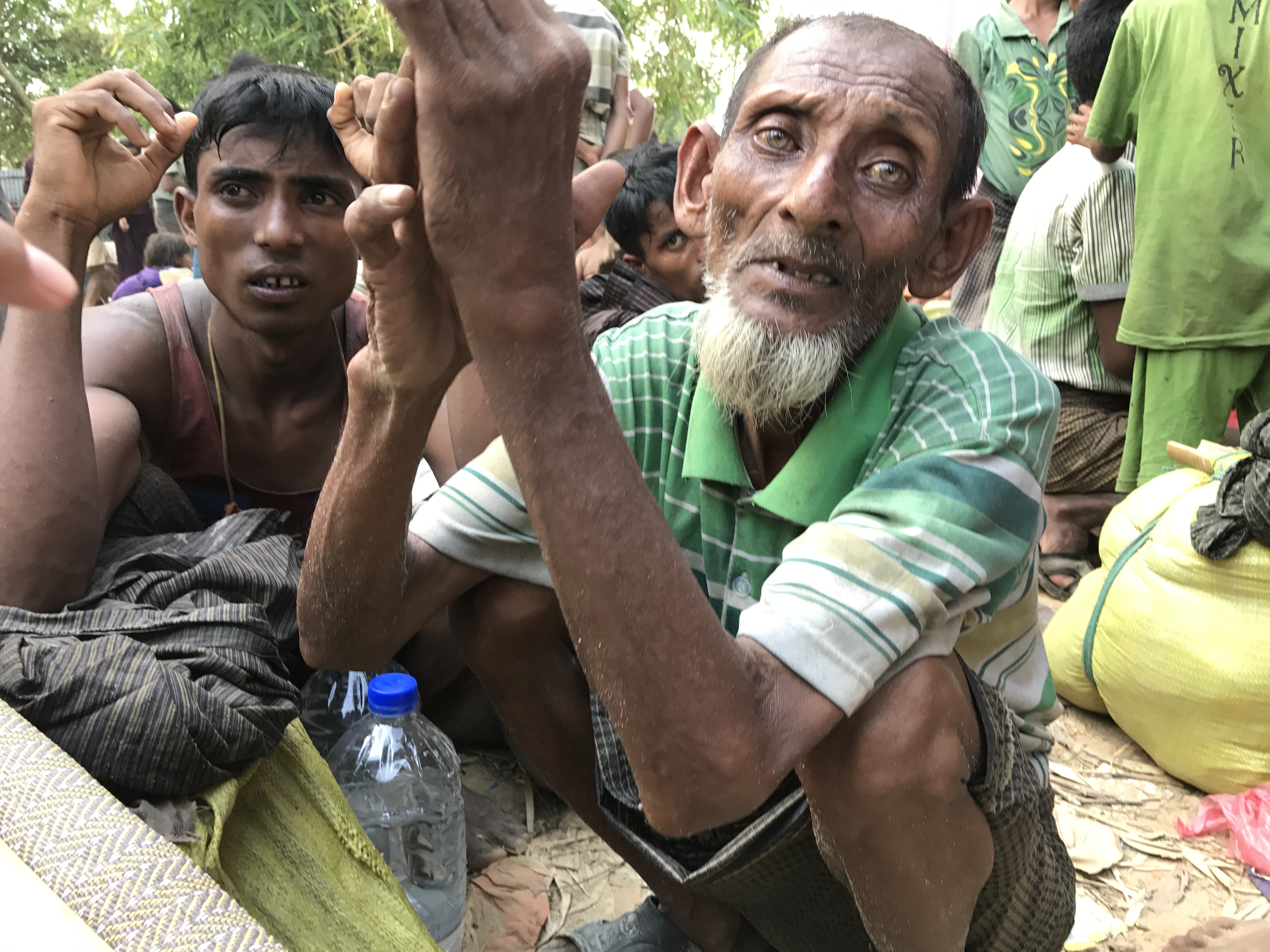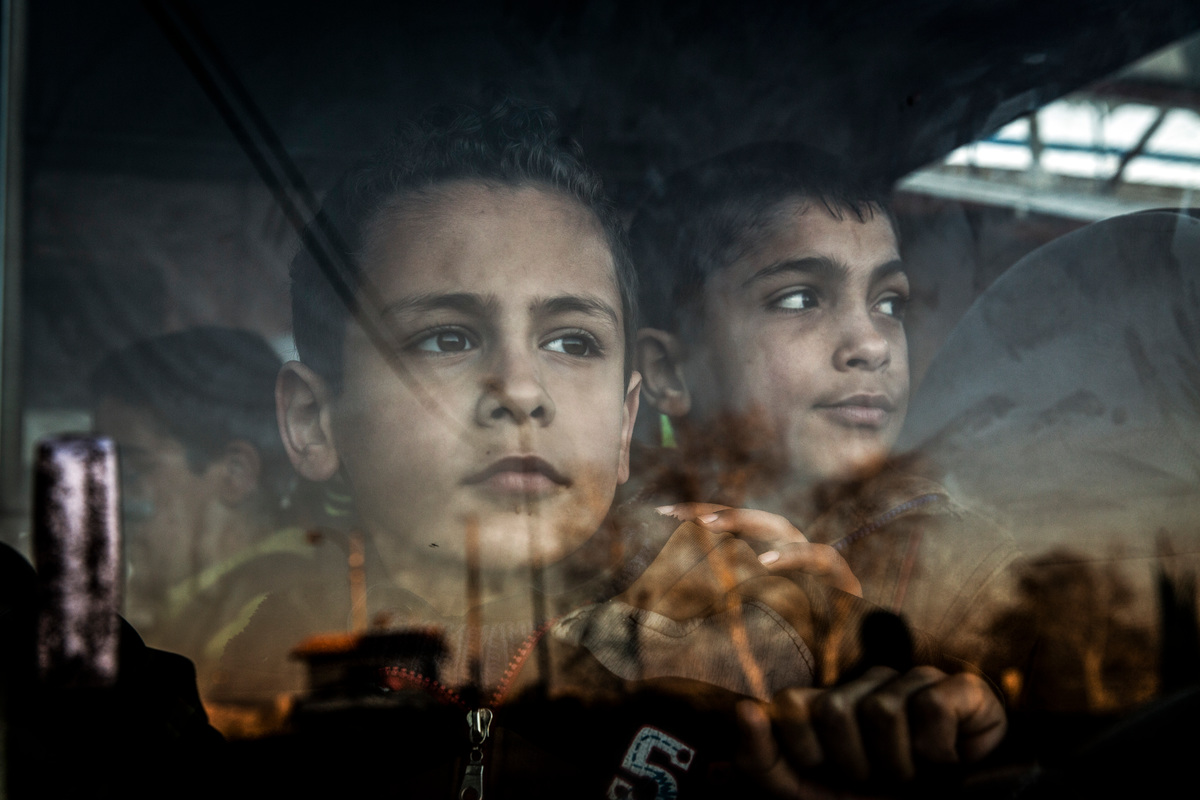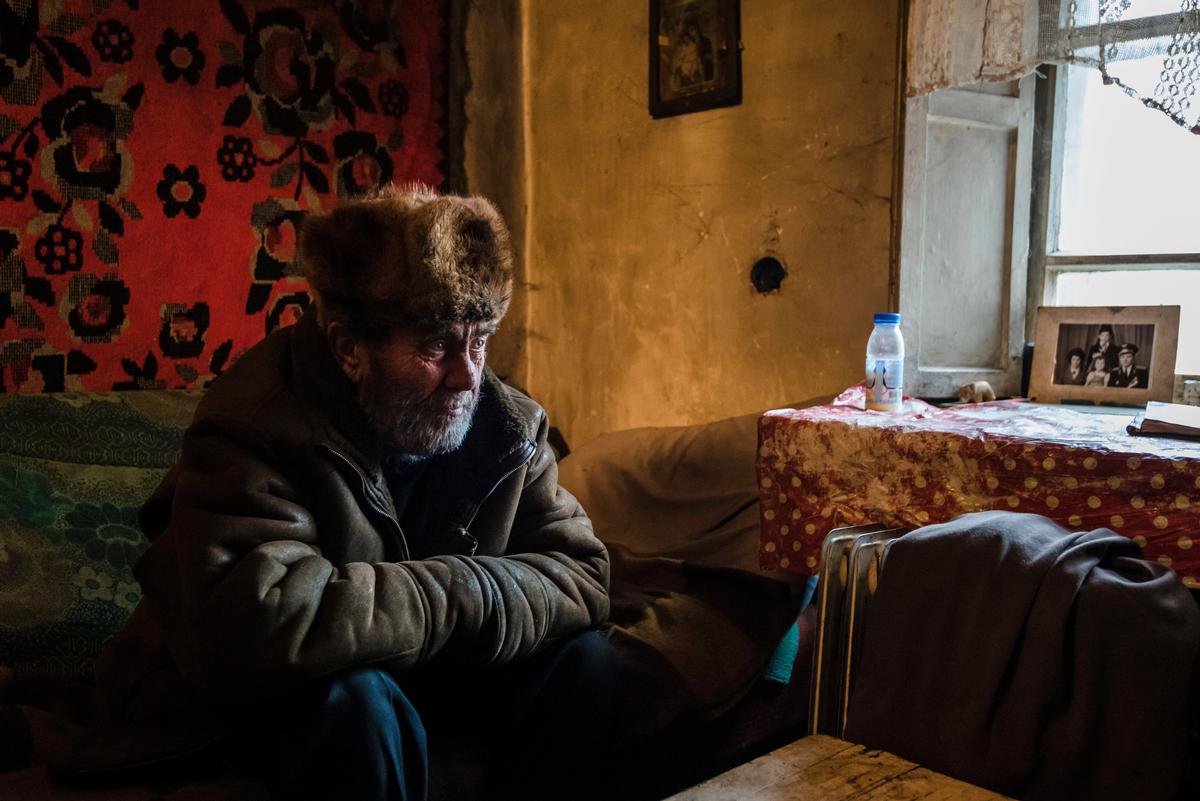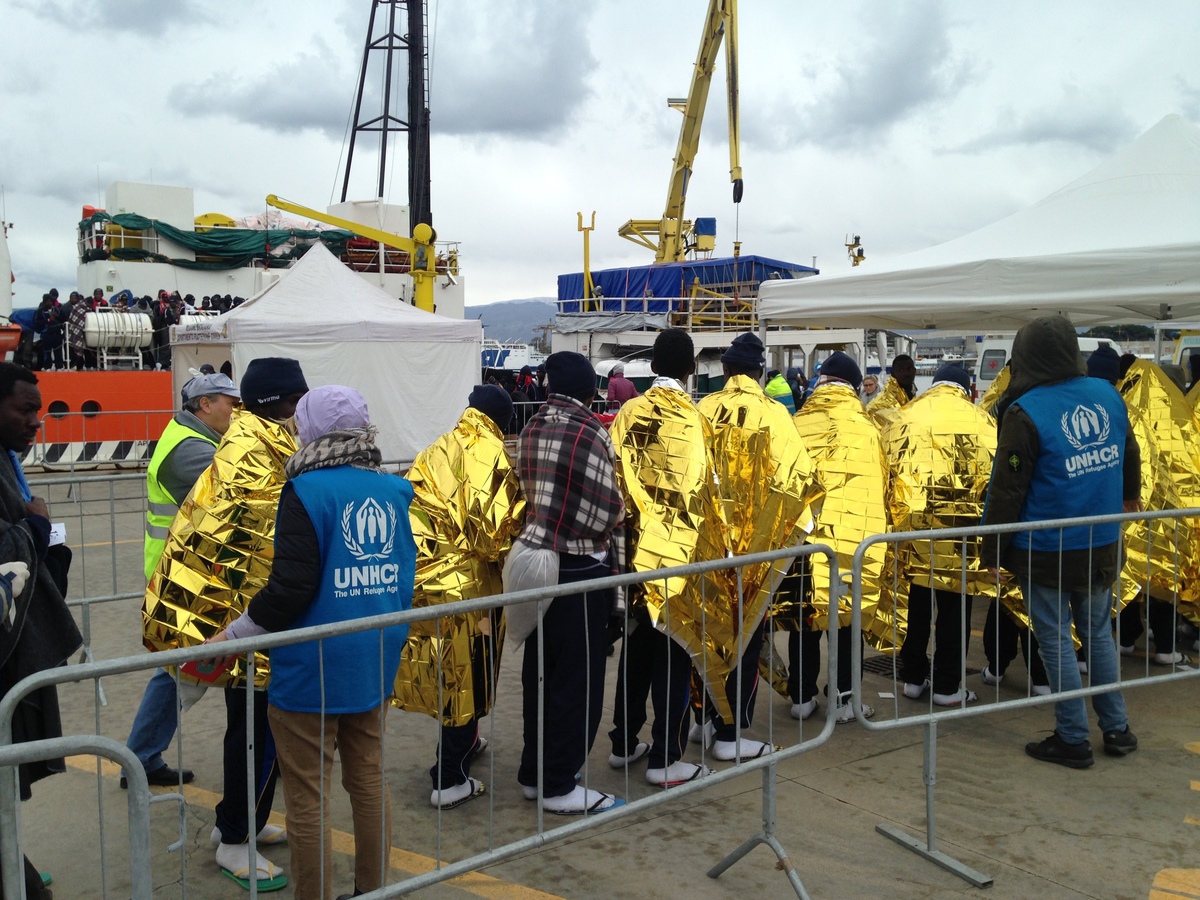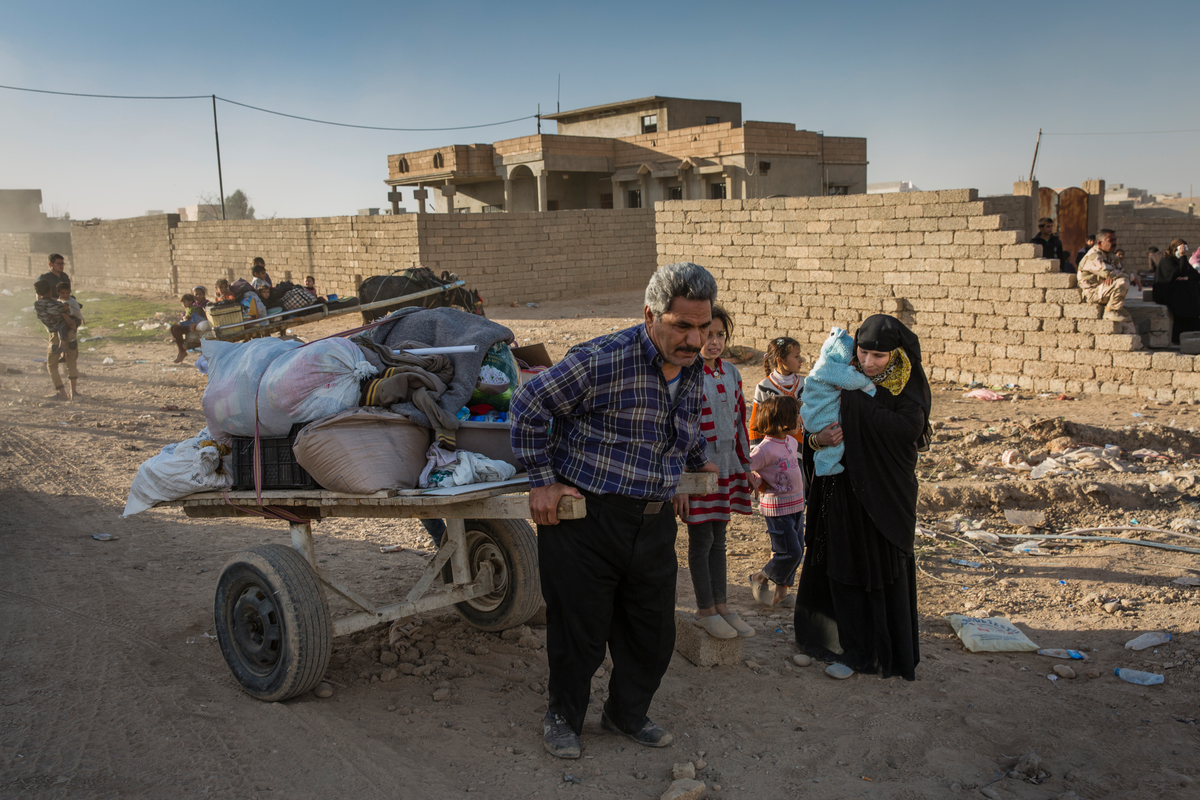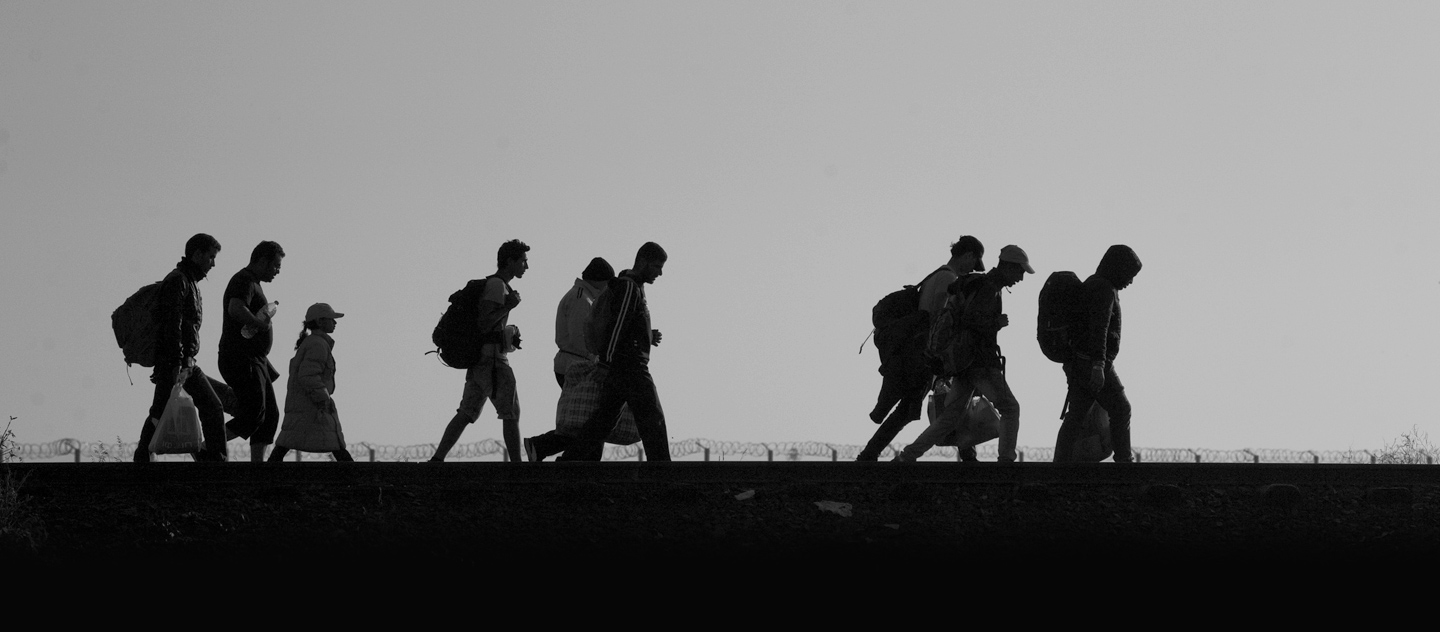Refugee population falls by four percent in 87 countries this year
Refugee population falls by four percent in 87 countries this year

GENEVA, Dec. 19 (UNHCR) - The refugee population in 87 asylum countries decreased by around four percent during the first nine months of the year, with the biggest drop registered by the Federal Republic of Yugoslavia.
The provisional quarterly study released Wednesday by UNHCR said the agency helped the voluntary repatriation of 110,000 refugees and the resettlement of 23,600 others during the January to September period. Some 78,000 persons applied for refugee status.
"It should be stressed that the coverage of this report is not global and therefore does not allow for conclusions concerning changes in the global refugee population," the study said. "However, the report does permit the monitoring of main trends in the individual countries listed."
Overall, there are an estimated 22 million people around the world, including internally displaced persons, asylum seekers and returnees as well as refugees, currently 'of concern' to the agency.
The study said the number of refugees in the 87 countries for which data was available fell to five million from 5.2 million, or a drop of about four percent. In all, there are about 12 million refugees worldwide.
As a result of the re-registration of refugees in Serbia during March and April, the study found that the Federal Republic of Yugoslavia had 83,000 fewer refugees than at the start of the year. The report does not take into account the 52,500 ethnic Albanians who returned to the Former Yugoslav Republic of Macedonia from Kosovo between July 1 and September 30 this year.
In addition to the Federal Republic of Yugoslavia, the other countries that registered an important decrease in the refugee population were Uganda (-59,000), Sudan (-31,000), the United Republic of Tanzania (-28,000), and Ethiopia (-27,200).
On the other side of the scale, six of the ten countries registering the largest increase in their refugee population were on the African continent. The Democratic Republic of the Congo headed the list with an increase of 30,800 refugees. It was followed by Zambia (17,800), Kenya (14,800), Thailand (5,100), Côte d'Ivoire (4,200), and Rwanda (4,000).
The voluntary repatriations included 41,100 Somali refugees from Ethiopia, but because of new arrivals Ethiopia's net decline in the number of refugees it hosted was only 27,700. About 31,500 Eritrean and Ethiopian refugees from the Sudan were repatriated, along with an estimated 12,800 Rwandan refugees from the Democratic Republic of the Congo.
The report said 78,000 applications for refugee status were submitted in 84 countries for which statistics are available. About 19,000 of the applications were accepted, with an approximately equal number rejected. About 7,100 asylum-seekers were allowed to remain in the countries where they filed the application "for humanitarian reasons."
About a third of the cases, representing 20,700 asylum-seekers, were closed without a decision because either the asylum seeker moved to another country or did not pursue the request. The study added that these statistics may also include refugee status determination decisions filed before 2001.
The largest number of applications were received by Egypt (10,200, Côte d'Ivoire (7,050), Kenya (6,130), Slovak Republic (5,960), Costa Rica (4,370), Turkey (3,640), Jordan (3,400), Azerbaijan (3,050), Burundi (1,810) and Ghana (1,760).
The largest resettlement movements concerned Somali (3,700), Sudanese (3,360) and Ethiopian (1,450) refugees resettled from Kenya; Iranian refugees from Turkey (1,830); Iraqi refugees from Jordan (1,450); Sudanese from Egypt (1,350); Afghans from India (1,210); Croatians from the Federal Republic of Yugoslavia (1,140).



